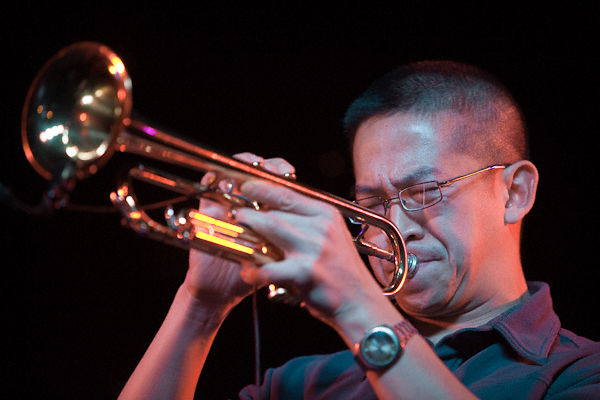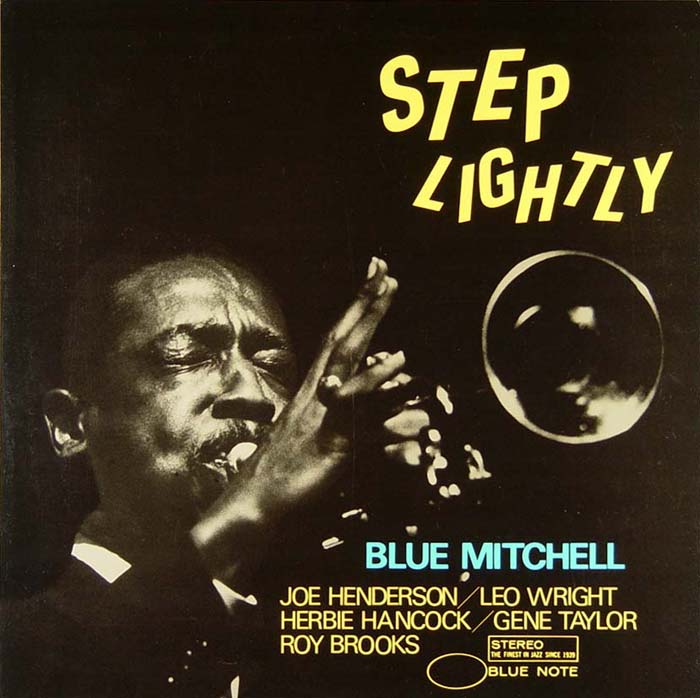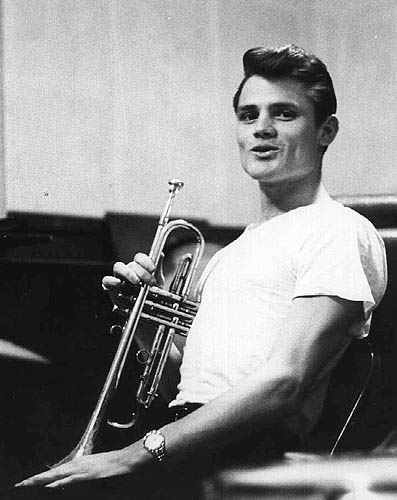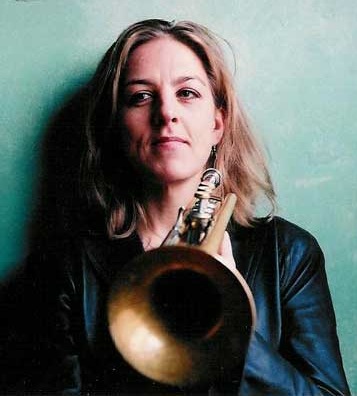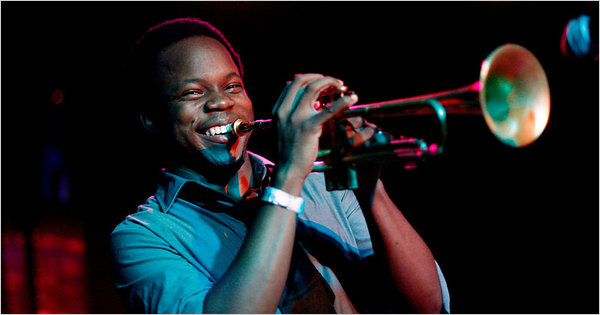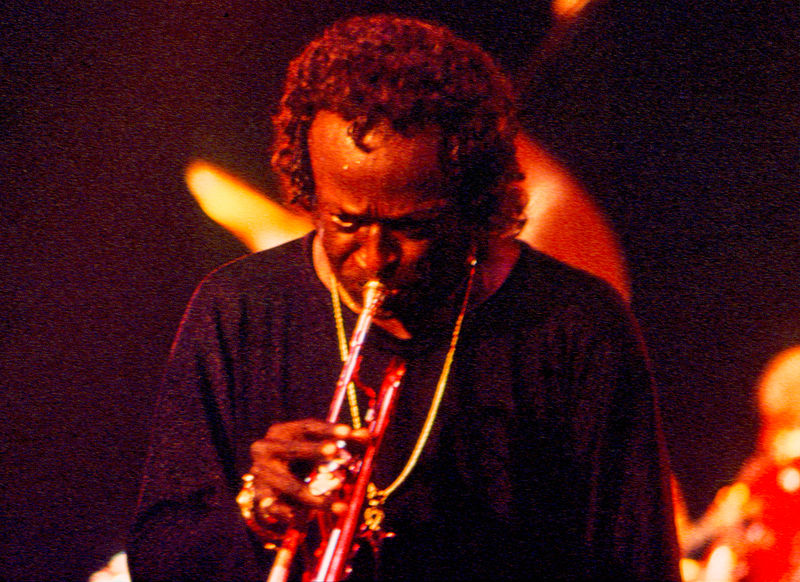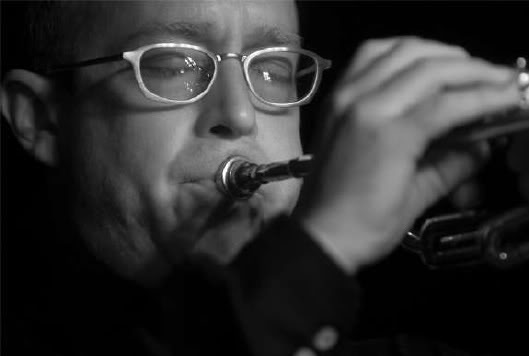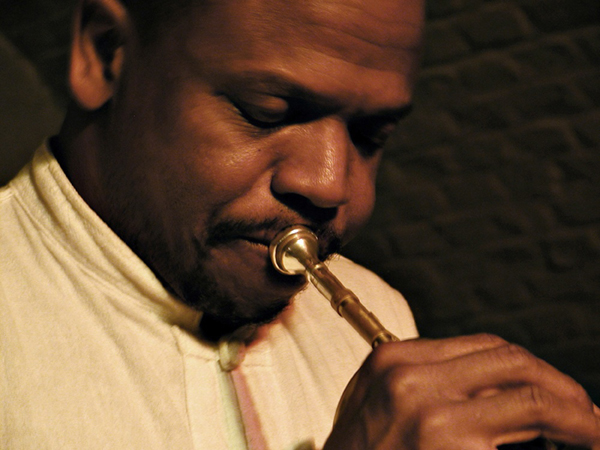(The solo starts ~1:23)
Download the transcription: Bb
[Check out more from Ben DeVries at http://bendv.wordpress.com/]
I still haven’t decided which is my favourite track on Roy Hargrove’s ‘Earfood’ – either “Strasbourg St. Denis” or “I’m Not So Sure”. Or was it “Starmaker”? I started writing out Roy’s solo in “I’m Not So Sure” some time ago already, and then shelved it. I’ve finally got around to finishing it and digitizing it in MuseScore.
What struck me immediately as I was writing out this solo was the sparsity of notes and delicacy of the phrases at the beginning, followed by sudden outbursts of expressive lines (like bars 21 and 31/34). What I’ve noticed from my own playing is that I often play far too much in trying to find my way through the changes, so this is definitely a lesson to take home.
Writing out phrases such as bars 5, 21-22, 36 and 44 actually doesn’t do the solo justice, and they shouldn’t be taken too literally (as with most solos, I’d say). These lines have their roots in soul and gospel – the kinds of phrases that make you want to jump out of your seat and shout “AMEN!”.
